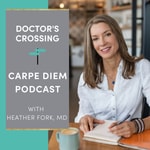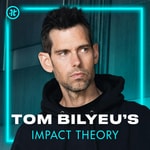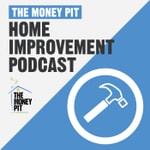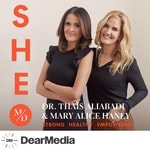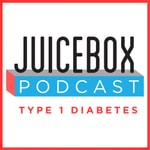This Podcast Will Kill You – Détails, épisodes et analyse
Détails du podcast
Informations techniques et générales issues du flux RSS du podcast.
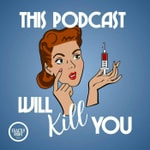
This Podcast Will Kill You
Exactly Right Media – the original true crime comedy network
Fréquence : 1 épisode/12j. Total Éps: 246

Classements récents
Dernières positions dans les classements Apple Podcasts et Spotify.
Apple Podcasts
🇨🇦 Canada - science
13/08/2025#15🇬🇧 Grande Bretagne - science
13/08/2025#27🇺🇸 États-Unis - science
13/08/2025#14🇨🇦 Canada - science
12/08/2025#22🇬🇧 Grande Bretagne - science
12/08/2025#44🇺🇸 États-Unis - science
12/08/2025#18🇨🇦 Canada - science
11/08/2025#17🇬🇧 Grande Bretagne - science
11/08/2025#31🇺🇸 États-Unis - science
11/08/2025#14🇨🇦 Canada - science
10/08/2025#17
Spotify
Aucun classement récent disponible
Liens partagés entre épisodes et podcasts
Liens présents dans les descriptions d'épisodes et autres podcasts les utilisant également.
See all- https://www.gatesfoundation.org/
135 partages
- https://clinicaltrials.gov/
79 partages
Qualité et score du flux RSS
Évaluation technique de la qualité et de la structure du flux RSS.
See allScore global : 68%
Historique des publications
Répartition mensuelle des publications d'épisodes au fil des années.
Special Episode: Maria Smilios & The Black Angels
Saison 7
mardi 27 août 2024 • Durée 01:05:33
Ep 149 Poison Control Part 2: Call me maybe
Saison 7
mardi 20 août 2024 • Durée 59:37
Special Episode: Dr. Noah Whiteman & Most Delicious Poison
Saison 7
mardi 18 juin 2024 • Durée 01:07:31
Ep 76 Chickenpox: There's always a 'but'
Saison 4
mardi 29 juin 2021 • Durée 01:21:22
Ep 75 Mercury: The cost of progress
Saison 4
mardi 15 juin 2021 • Durée 01:28:58
COVID-19 Chapter 20: Looking forward by looking back
Saison 4
mardi 8 juin 2021 • Durée 01:12:46
Ep 74 Naegleria fowleri: The "brain-eating amoeba"
Saison 4
mardi 1 juin 2021 • Durée 01:11:07
COVID-19 Chapter 19: Your Stories
Saison 4
mardi 25 mai 2021 • Durée 01:03:32
Ep 73 Puerperal Fever: Seriously, wash your hands
Saison 4
mardi 18 mai 2021 • Durée 01:32:15
COVID-19 Chapter 18: Conservation & Pandemics
Saison 4
mardi 11 mai 2021 • Durée 01:07:01



